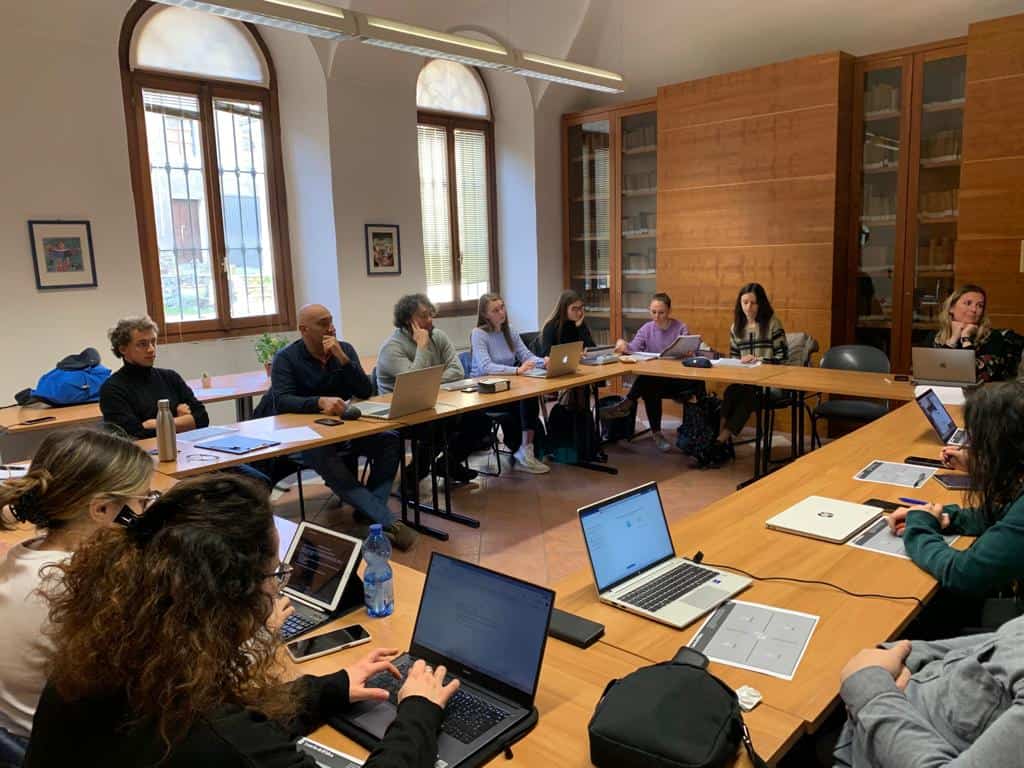Throughout March, Alpsatellites partners were busy involving local communities in the project’s activities. In Italy, the Unité des Communes valdôtaines Evançon and the University of Valle d’Aosta have organized three workshops aimed at analyzing possible solutions to address the population decline through remote work opportunities. Entrepreneurs, business support organizations, policy makers and university students thought about different options, such as offering “bleisure” solutions that combine elements of business and leisure to flatten the peaks of seasonal tourism. On the other hand, creating a network of dispersed co-working spaces in public and private spaces could help attract digital nomads, who tend to stay longer in one place than other tourists. Another solution is the creation of co-working spaces with young people In France, the Aix-Marseille Université and the Association Culturelle, Sociale et Sportive du Queyras organized three meetings attended by about thirty local elected officials, socio-professional actors and remote workers. During the meetings, the group analyzed the project, the different points of view on remote work in satellite areas, the ongoing actions and some testimonies from teleworkers. The next step will be a report summarizing the results of all the meetings. The two Austrian partners (Vorarlberg University of Applied Sciences (FHV) and Doren Municipality) coordinated an interdisciplinary workshop attended by 50 students, professors and companies. During the event, different actors explained both their organisation and the problems they face. After a presentation of the Alpsatellites project, its focus and Doren’s goals, a team of three students was formed. The group will act both as a support team for the project and as a young contact person for other stakeholders.



